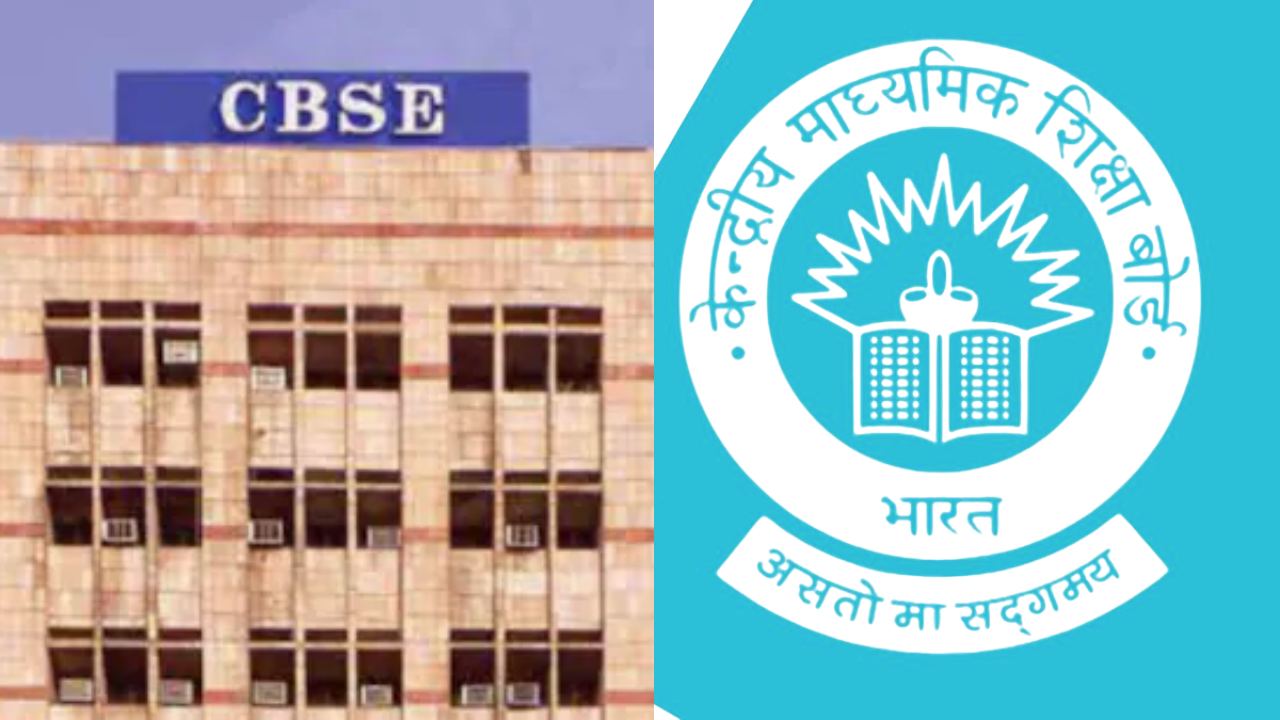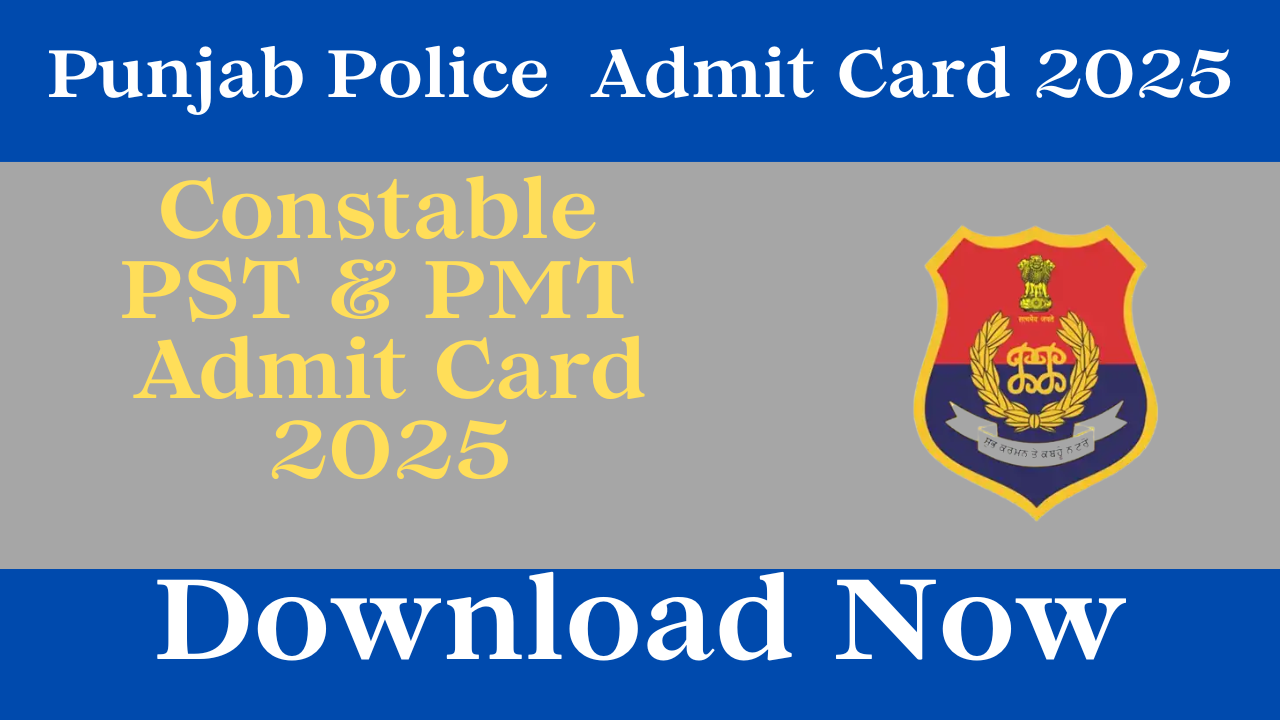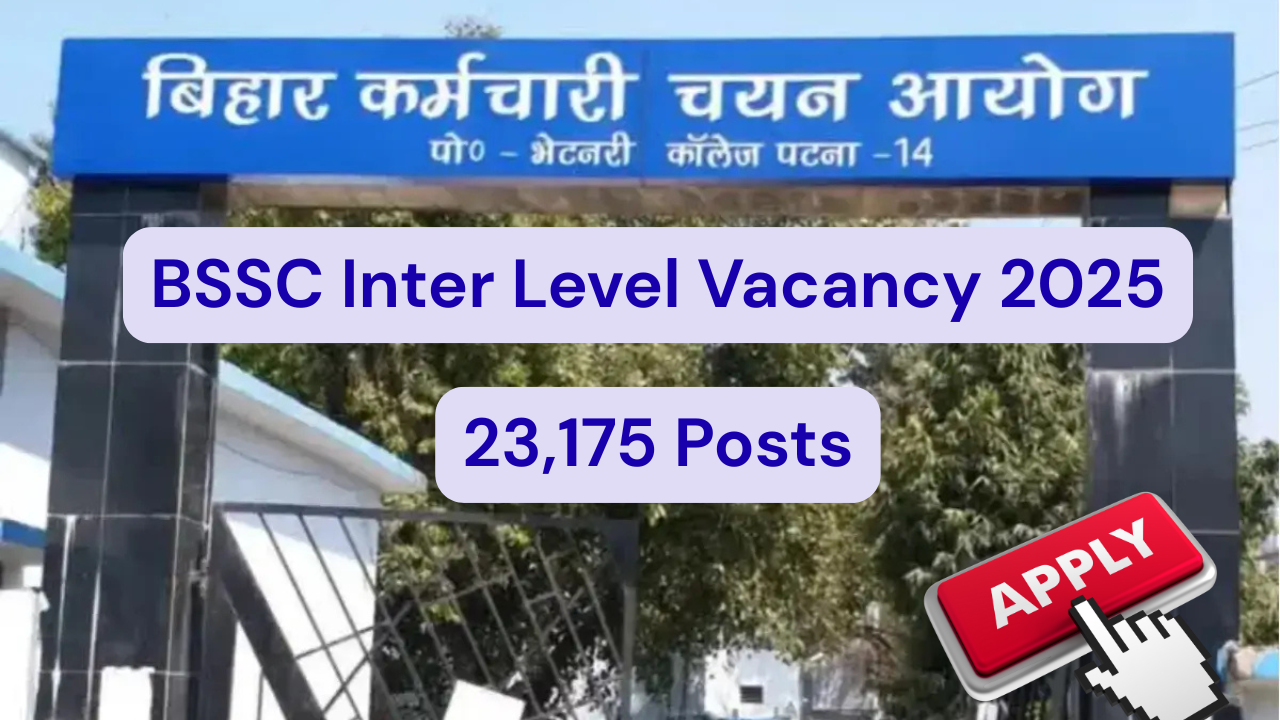CBSE Class 10 Syllabus 2025-26: Class 10 is a landmark year in a student’s school life in India. The CBSE (Central Board of Secondary Education) syllabus for Class 10 forms the foundation for board exams, shapes subject choices in higher classes, and builds conceptual clarity for future competitive exams. For the academic year 2025–26, CBSE has released an updated syllabus to align with new pedagogical goals, emphasize competency-based learning, and reduce redundancy. In this article, we go deep into the new syllabus structure, major changes, subject-wise highlights, exam patterns, and how students and teachers should plan effectively.
What’s New in CBSE Class 10 Syllabus 2025-26
- Curriculum Update & Rationalisation
The CBSE curriculum for Secondary (Classes IX–X) has been updated and published officially. The updated syllabus is designed to be aligned with the National Curriculum Framework (NCF) and aims to remove repetitive or low-value content while focusing on depth, skills, and applications. - Subject Groups & Structure
The Class 10 syllabus is organized under Group L (Languages), Group A1 (Main Subjects), Group A2 (Electives / Academic Electives), and Internal Assessment / Activity-based subjects. - Exam Pattern & Marking Scheme
For most core subjects, the examination will be for 80 marks, and 20 marks will come through internal assessment / projects / practicals.
The board has emphasized a balance between knowledge, application, analysis, and creation. The typology of questions may include MCQs, VSA (very short answer), short answer, long answer, assertion-reasoning, source- or case-based questions. - Completion & Revision Timeline
As per the science syllabus guidelines, CBSE mandates that the entire syllabus should be completed by December 6, 2025 to allow sufficient time for revision and pre-boards. - Flexibility & Electives
The CBSE allows a range of language options (over 40) under Group L.
In Group A2, there are academic electives such as Computer Applications, Home Science, Painting, Music, NCC, Elements of Business, etc. - Continuity & Transition Measures
One notable policy decision: Students who opted for Mathematics (Basic) (subject code 241) in Class 10 are allowed to switch to Regular Mathematics (code 041) in Class 11. This flexibility continues until the new schemes under NCF-SE are fully in place.
Also read: Top 10 Schools in India for Session 2025-26: Ranking, Admission, Fee, Location
Subject-Wise Highlights & Key Topics
Here’s a breakdown of the main subjects in Class 10 and their salient portions under the 2025–26 syllabus:
1. Mathematics (Codes 041 & 241)
- The syllabus is designed to include core areas such as Number Systems, Algebra, Coordinate Geometry, Geometry, Trigonometry, Mensuration, Statistics & Probability.
- Internal assessment / periodic work forms a portion of the total 100 marks, with the theory exam being 80 marks.
- For subject 241 (Basic), the content is simpler; however, the above-mentioned switching policy gives some relief to students.
2. Science (Subject Code 086)
- The syllabus spans disciplines of physics, chemistry, and biology. Some specific topics include optics (lens, refraction, prism), heredity & evolution, reproduction, human physiology, chemical reactions, etc.
- Practical work is essential. For instance, tracing the path of rays through a prism, identifying parts of embryos, observing budding or binary fission, etc.
- The question paper is designed to test knowledge, application, and higher-order thinking skills (20 % weight).
3. Social Science (SST)
- Social Science includes History, Geography, Political Science, and Economics as four sub-components.
- Topics such as Nationalism in India, Globalization, Economic Development, Political institutions, Climate, Resources, etc., are integrated.
- The exam pattern will include source-based and case-based questions to test interpretive ability.
4. English (Language & Literature / English Communicative)
- The English exam is divided into Reading (20 marks), Writing & Grammar (20 marks), and Literature (40 marks).
- The syllabus includes prose, poetry, and drama portions, along with grammar and composition topics.
- Internal assessment is through periodic writing tasks, projects, and speaking/listening exercises.
5. Hindi / Other Languages
- The syllabus for Hindi (Course A or B) or other regional / foreign languages follows similar structure: literature, grammar, and writing.
- Internal assessment components apply here as well.
6. Academic Electives (Group A2)
These could include:
- Computer Applications
- Home Science
- Painting
- Music (Vocal / Instrument)
- NCC
- Elements of Business
- Elements of Book Keeping & Accountancy, etc.
7. Internal / Activity Subjects
These include Art Education, Health & Physical Education, Work Experience, where students’ participation, projects, portfolios, and classwork contribute to internal assessment.
How to Effectively Plan Study Under the 2025–26 Syllabus
- Obtain Official Syllabus PDFs
Download subject-wise syllabus from CBSE’s official site (cbseacademic.nic.in) or affiliated portal. - Mark Important Deadlines
Since syllabus completion is expected by December 6, 2025 (especially for subjects like Science), plan backward from that date to ensure no topic is left out. - Prioritize Core Subjects
Mathematics, Science, English, and Social Science command high weight and are foundational for higher studies. Devote more time to these. - Use Internal Assessment Smartly
Projects, practicals, and class assignments contribute to 20 marks. Do these with care—they can act as buffer marks. - Practice Different Question Types
Include MCQs, assertion-reasoning, case-based questions in practice sets so you are comfortable with the new typology. - Revision & Mock Tests
After syllabus completion, schedule periodic revision and full-length mock tests under timed conditions. - Balance Electives & Languages
While electives add variety, don’t let them overshadow core subject preparation. Maintain balance. - Monitor Policy Updates
CBSE often issues circulars or clarifications—stay updated via official website or school notices.
Challenges & Recommendations
- Content Load & Time Constraints
Even with rationalisation, covering all chapters, internal projects, and revision is heavy. Students should avoid last-minute rush. - Changing Question Patterns
The novelty of assertion-reasoning or source-based questions can trouble some; regular exposure is essential. - Coordination Between Teachers & Students
Teachers must plan the timeline carefully, and students must strictly adhere to that plan. - Elective Syllabus Depth
Some electives might require additional effort or outside resources; choose them based on interest and capacity. - Transition from Basic Maths
Students opting for Maths (Basic) should be advised about difficulty in switching or coping at higher levels, though the current policy allows a switch.
Conclusion
The CBSE Class 10 Syllabus for 2025–26 is thoughtfully restructured to emphasize conceptual clarity, competency-based learning, and assessment variety. Students who plan ahead, adhere to timelines, and practice diverse question types will find themselves better prepared for not just the board exams, but future academic challenges.
Teachers, too, must adapt their lesson plans and evaluation strategies in line with new syllabi and keep students informed. With the right approach and disciplined execution, aspirants can confidently ace Class 10 and lay a strong foundation for Class 11–12.
Also read: Top 10 Best Universities in the World- QS University Rankings 2025
FAQs
1. Where can I download the official CBSE Class 10 syllabus 2025–26?
From CBSE’s official “Curriculum / Syllabus” section on cbseacademic.nic.in.
2. Does the syllabus change every year?
CBSE often makes rationalisation, minor tweaks, or alignment changes. But major structural changes are rare.
3. What is the passing criteria for Class 10?
Students need at least 33% marks in each subject (including internal assessment + theory) to pass.
4. Are practicals compulsory in Science?
Yes. Practical and internal components are integral and carry weight.
5. Can I switch from Maths (Basic) to Regular Maths later?
Yes, for the 2025–26 period, students who take Maths (Basic) can switch to regular Maths in Class 11.
6. When should the entire syllabus be completed by?
For many subjects (e.g. Science), CBSE recommends completion by December 6, 2025.
7. Does internal assessment count heavily?
Yes, internal evaluation contributes 20 marks toward total. Doing projects well can boost overall grades.
8. Will the syllabus for electives be easier or harder?
It depends on the subject and students’ strengths. Some electives align well with student interest and can be easier.
9. How important is revision planning?
Extremely. With syllabus completion targeted by December, revision and practice are key to retention.
10. Will the exam pattern change drastically?
Not drastically, but the inclusion of newer question types (case-based, assertion–reasoning) may require a change in practice approach.
11. How many language options are in CBSE Class 10?
CBSE supports over 40 language options under Group L.
12. Will NCERT textbooks be sufficient?
Yes, the CBSE syllabus is closely aligned with NCERT books. Extra reference books can help practice.
13. How to manage electives along with main subjects?
Allocate fixed hours per week, don’t procrastinate, and integrate project work smoothly into your plan.
14. Where to find sample papers & marking schemes?
CBSE releases sample papers and marking schemes on its official site under the academic resources section.









